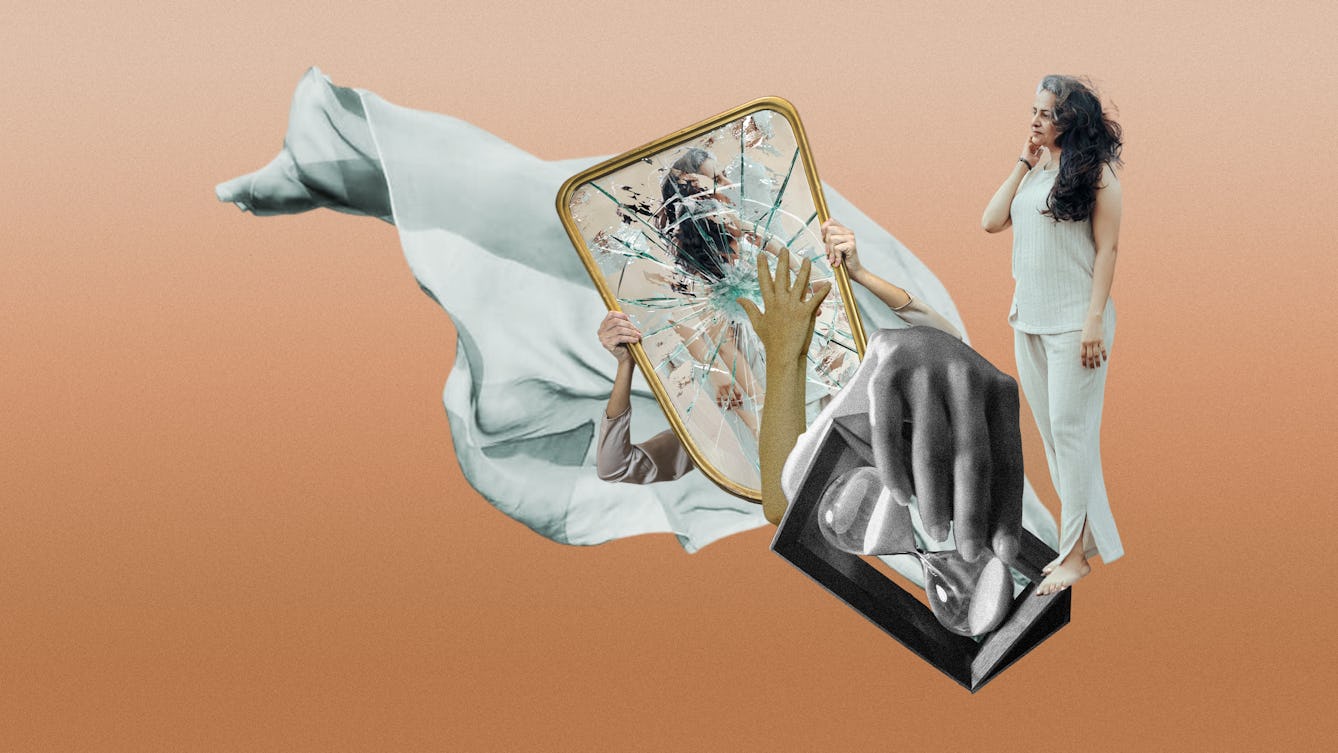
- Article
- Article
Invisibility
Why do menopausal women feel invisible? Because nobody talks about menopause or because society doesn't value older women?
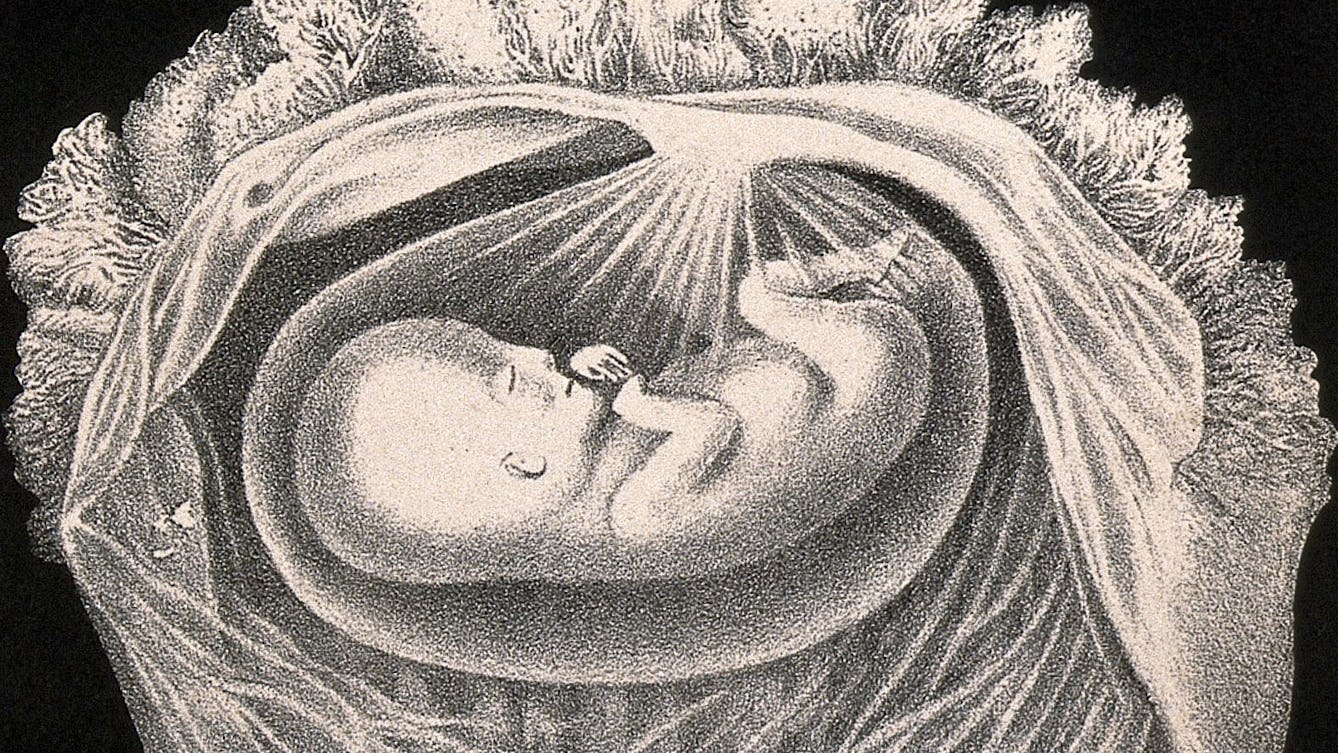
- Article
- Article
The quest to breed gifted children
If you had the chance, would you choose a genius baby?

- Article
- Article
Desperate housewives and suburban neurosis
Discover how a pioneering health centre replaced housewives’ supposedly empty home lives with a social space that encouraged healthy child rearing.
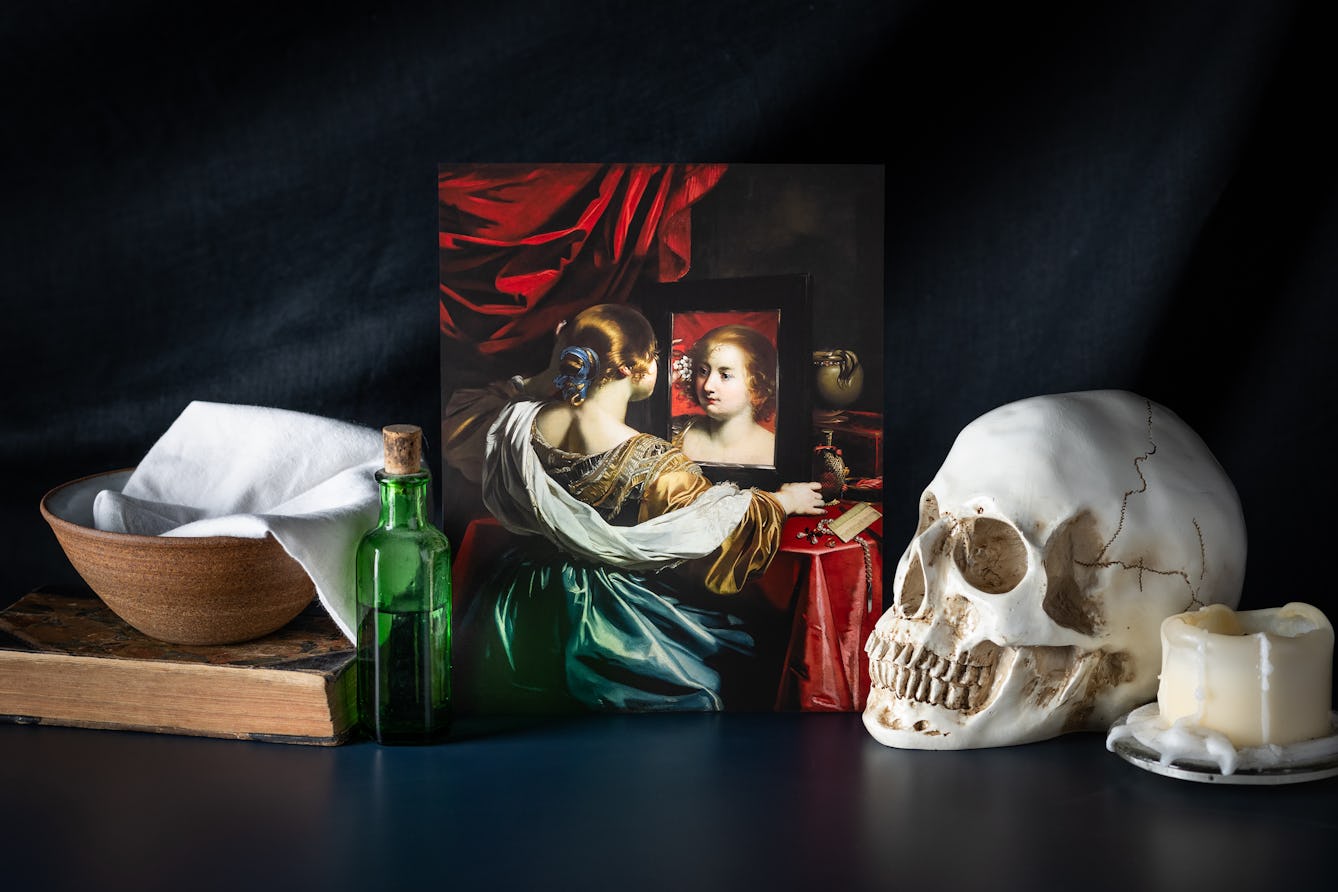
- Book extract
- Book extract
Renaissance women and their killer cosmetics
In this extract from ‘How to be a Renaissance Woman’, Jill Burke delves into a complex world of beauty products, poison and patriarchy – and reveals the impossible contradictions of femininity faced by 16th-century women.
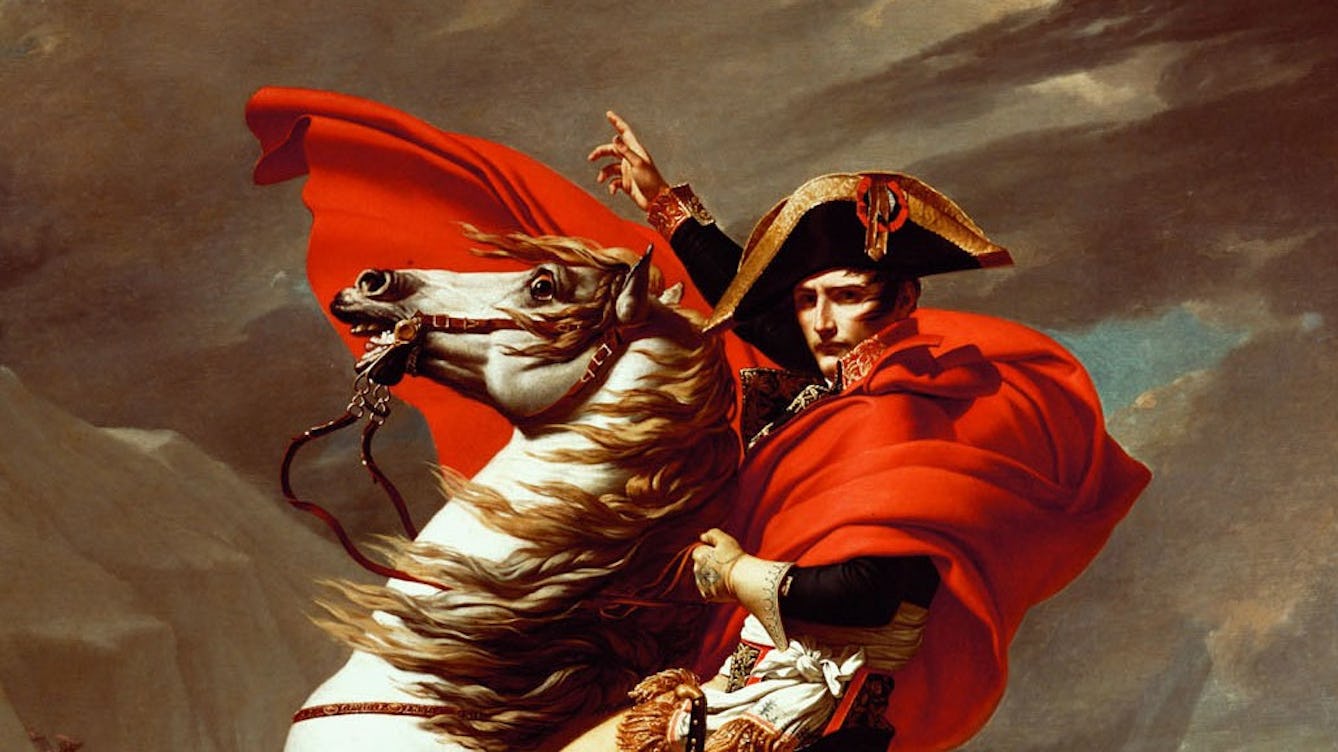
- Article
- Article
Political brilliance and the power of self-promotion
How do you convince people you’re exceptional? Meet the ultimate self-styled genius.
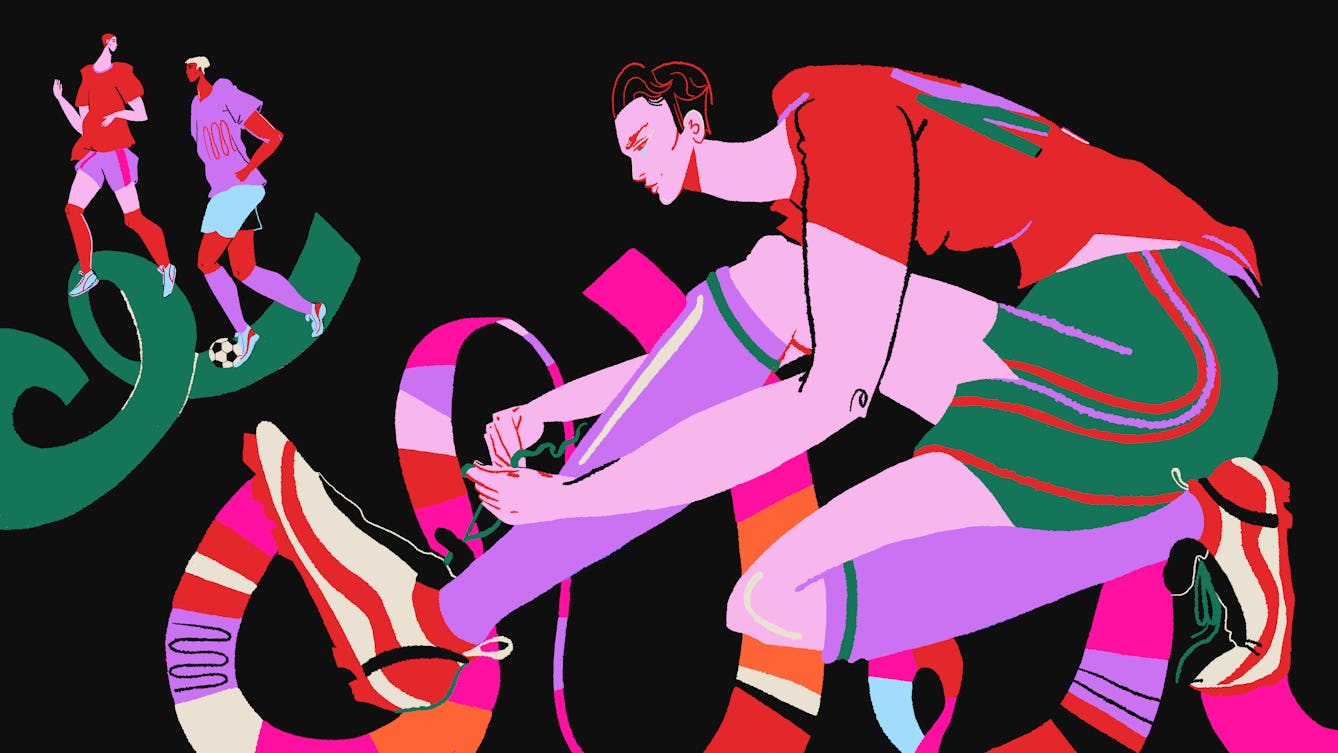
- Article
- Article
Rediscovering a love of the game
Sexism and homophobia in football prompted Lara Goodwin to stop playing the sport at 19. Today, while discrimination in the game is still rife, Lara has found hope – and like-minded players – in an inclusive east London club.

- Article
- Article
Thousands of years of women’s pain
Even in the 21st century, women with severe monthly pain find their suffering minimised or dismissed by the medical profession. Such pain is seen as simply a natural part of being female.
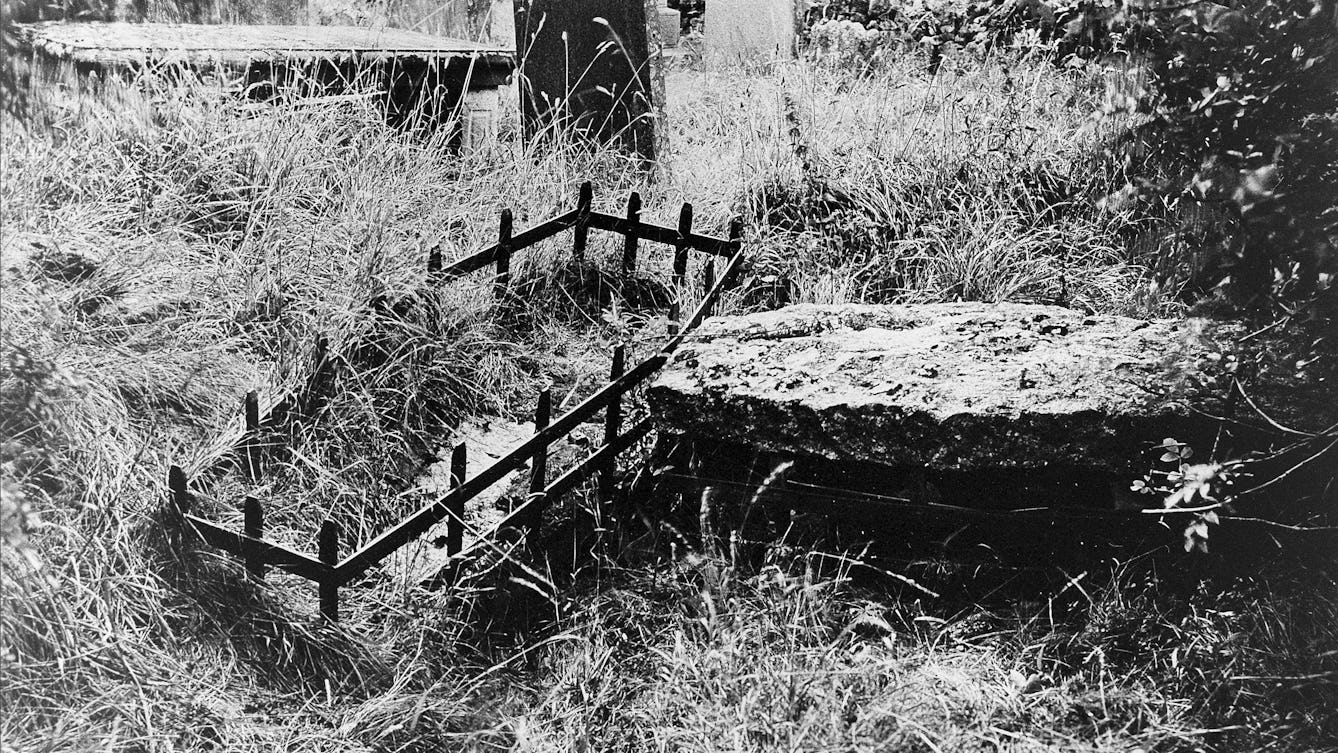
- Article
- Article
Beating the bodysnatchers
When a rise in grave robbing called for strong measures, mortsafes became the unassailable solution. Allison C. Meier explores.
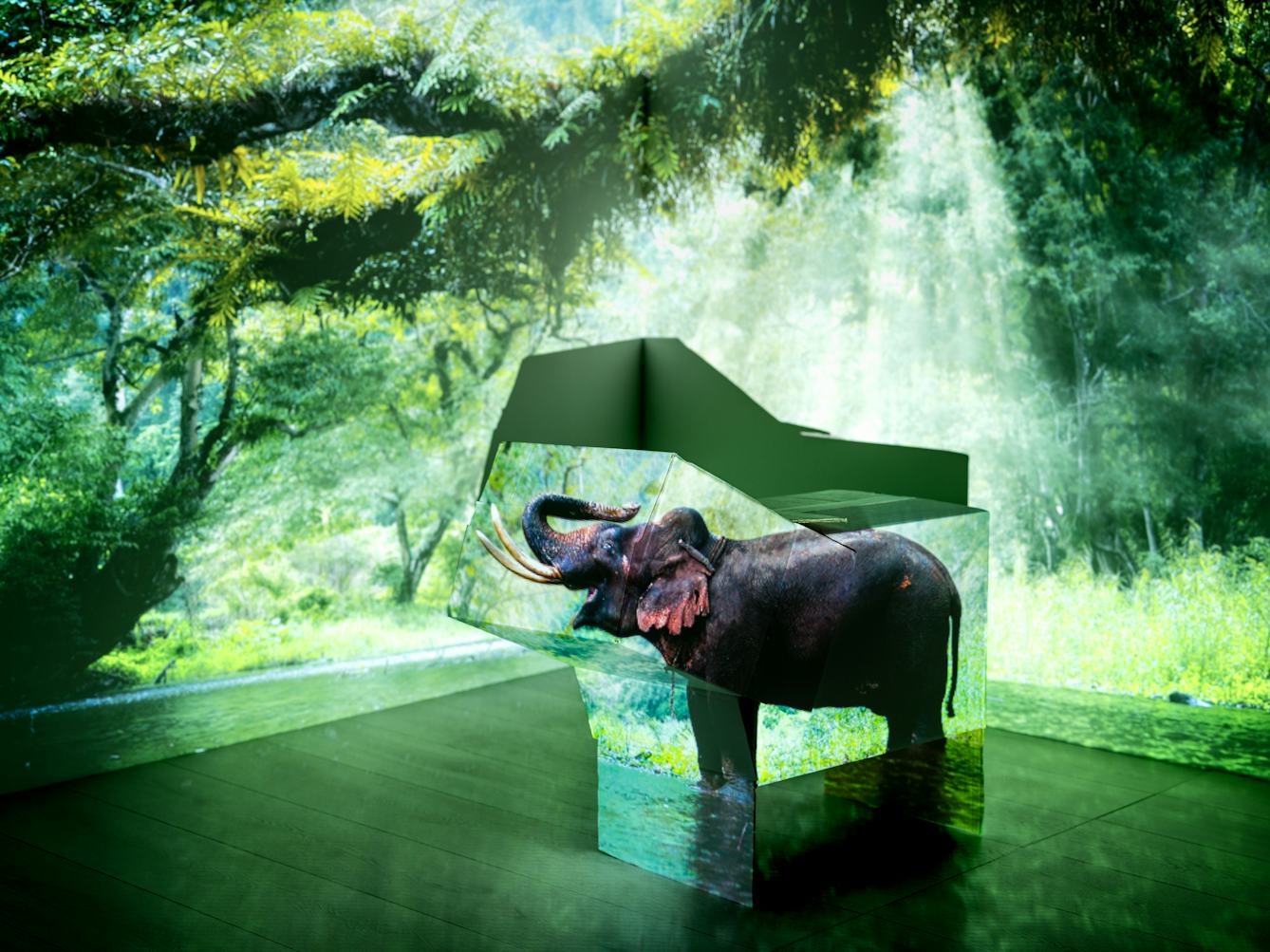
- Book extract
- Book extract
Why make-believe matters
Michael Rosen explores the point of play, and reveals why we should all do a little more daydreaming.

- Article
- Article
Exceptional talent and the trouble with IQ tests
Is a high IQ really a mark of genius, or does something else explain the exceptional?

- Article
- Article
Disability, education and prejudice
In the 1960s and 1970s, thalidomide survivors had to fight for a proper education. If they weren’t brought up in institutions, they were often viewed as objects of curiosity, encountering verbal and sometimes physical abuse, both at school and in the world beyond.

- Article
- Article
Homes for the hives of industry
By building workers’ villages, industry titans demonstrated both philanthropy and control. Employees’ health improved, while rulebooks told them how to live ideal lives.

- Book extract
- Book extract
The 200-year search for normal people
Sarah Chaney poses the question we’ve likely all asked at some point in our lives: 'Am I normal?’, and explores whether normality even exists.

- Article
- Article
Bloody capitalism and the cash flow of the menstrual cycle
Once they thrived on taboos and shame. Now period-product manufacturers are finding new ways to flourish in this era of period activism – but products aren’t the end of the story.
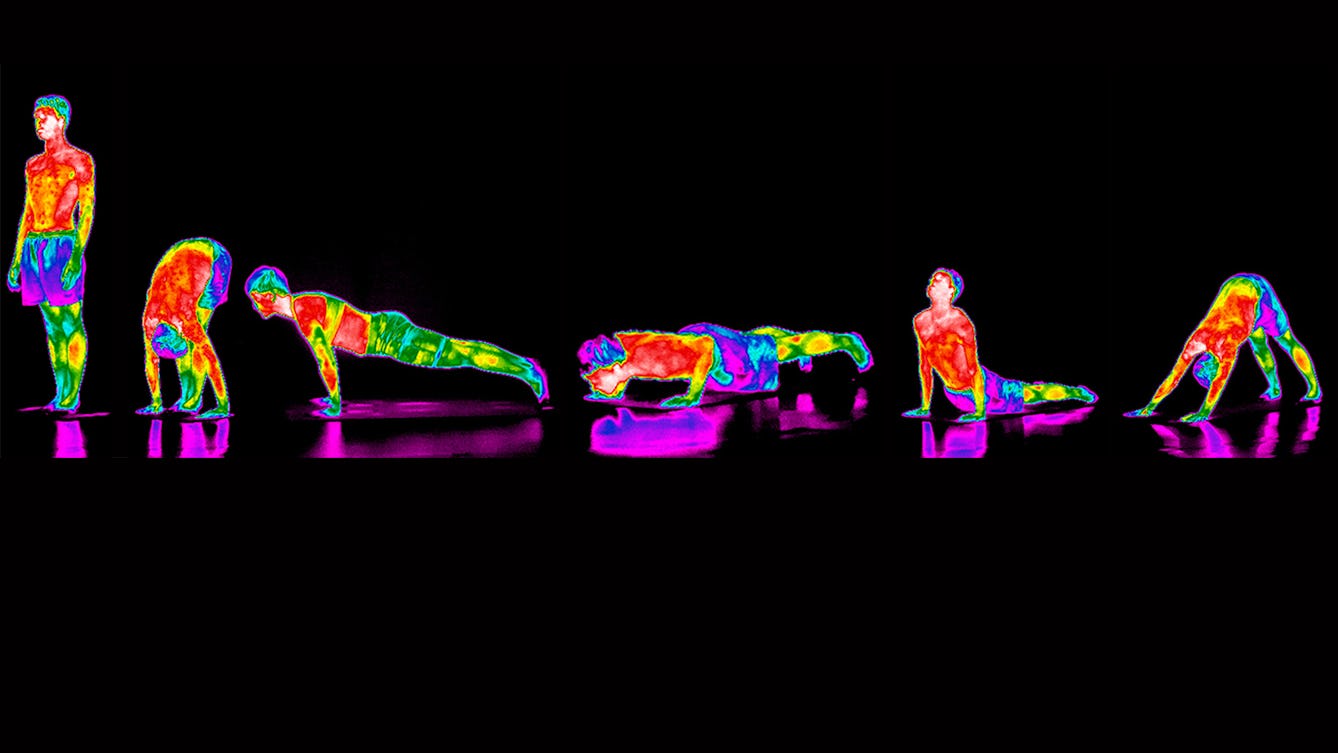
- Article
- Article
Yoga adapts to time and place
A yoga teacher in 1930s India inspired today’s transnational practice with his spectacular fusion of tradition and innovation.

- Article
- Article
Dating on dopamine
Drug treatment for Parkinson’s can come with an unwanted side serving of compulsive behaviour, as Pete Langman discovered. Read about his dating journey in a dopamine cloud.

- Article
- Article
How trauma affects the body and mind
The long and devastating aftermath of an attack have given writer and broadcaster Bidisha unique insight into the suffering of other victims. Here she explores survival and healing in those who have experienced trauma.

- Article
- Article
The tale of the toxic kidneys
In 1954 a serendipitous coming together of skills and circumstances allowed the first successful organ transplant to take place. Read how Richard Herrick’s life was prolonged by his identical twin’s generosity.
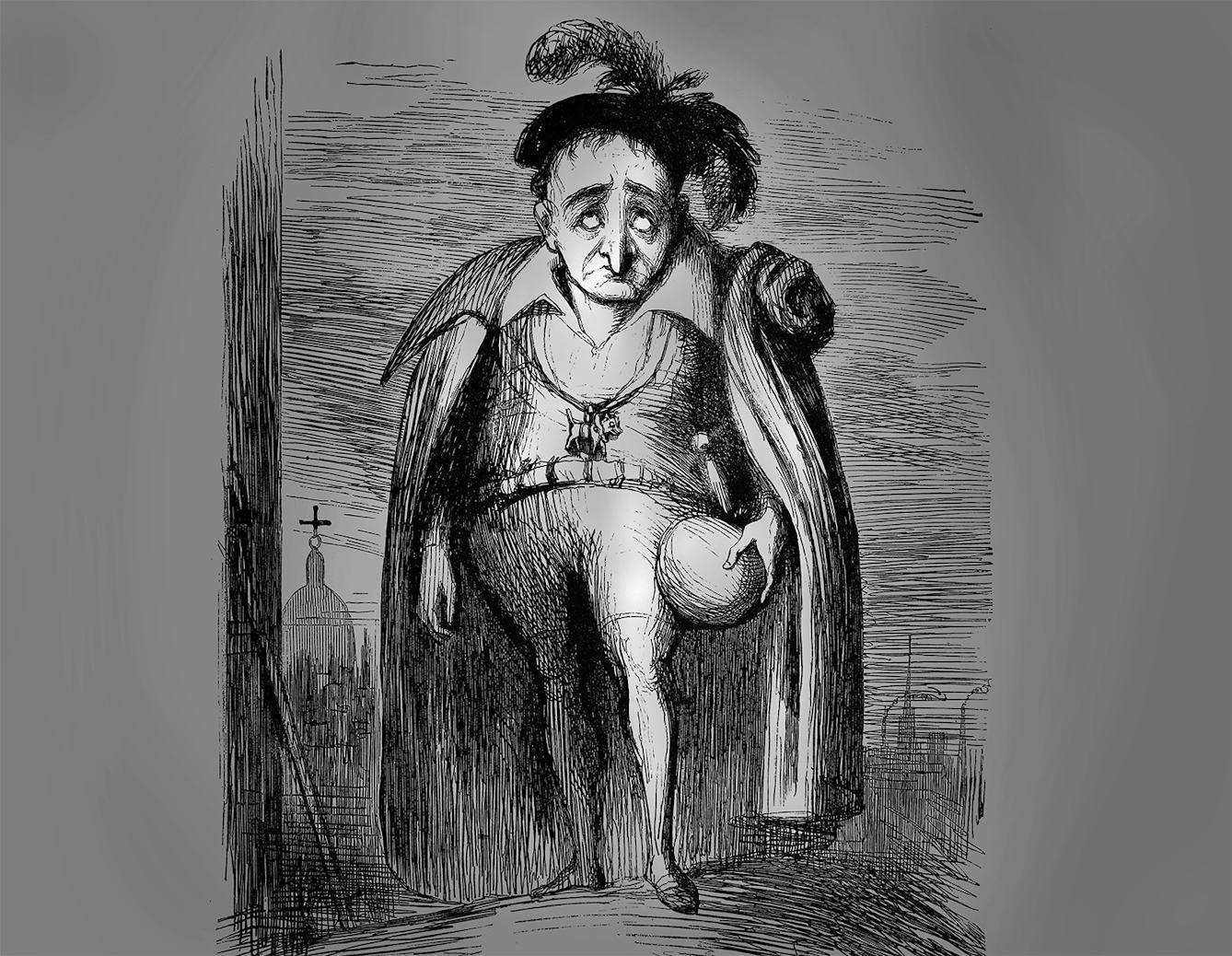
- Article
- Article
Hamlet, the melancholic Prince of Denmark
Hamlet clearly demonstrates an excess of black bile and is arguably the most famous literary melancholic.

- Article
- Article
The housing that gives hope to refugees
A safe place of one’s own can be a source of healing and hope. George Kafka reports on two Athens-based projects helping displaced people by putting housing first.

- Article
- Article
Spanish flu and the depiction of disease
The Spanish flu pandemic of 1918 killed many millions more than World War I did. Find out why contemporary artistic depictions of its devastating impact are so rare.

- Article
- Article
Meredith Wadman’s prescription for writing
The Wellcome Book Prize shortlisted author of ‘The Vaccine Race’ answers five questions on health, inspiration and storytelling.

- Article
- Article
The unearthly children of science fiction’s Cold War
In the 1950s a new figure emerged in British novels, film and television: a disturbing young alien that revealed postwar society’s fear of the unruly power of teenagers.
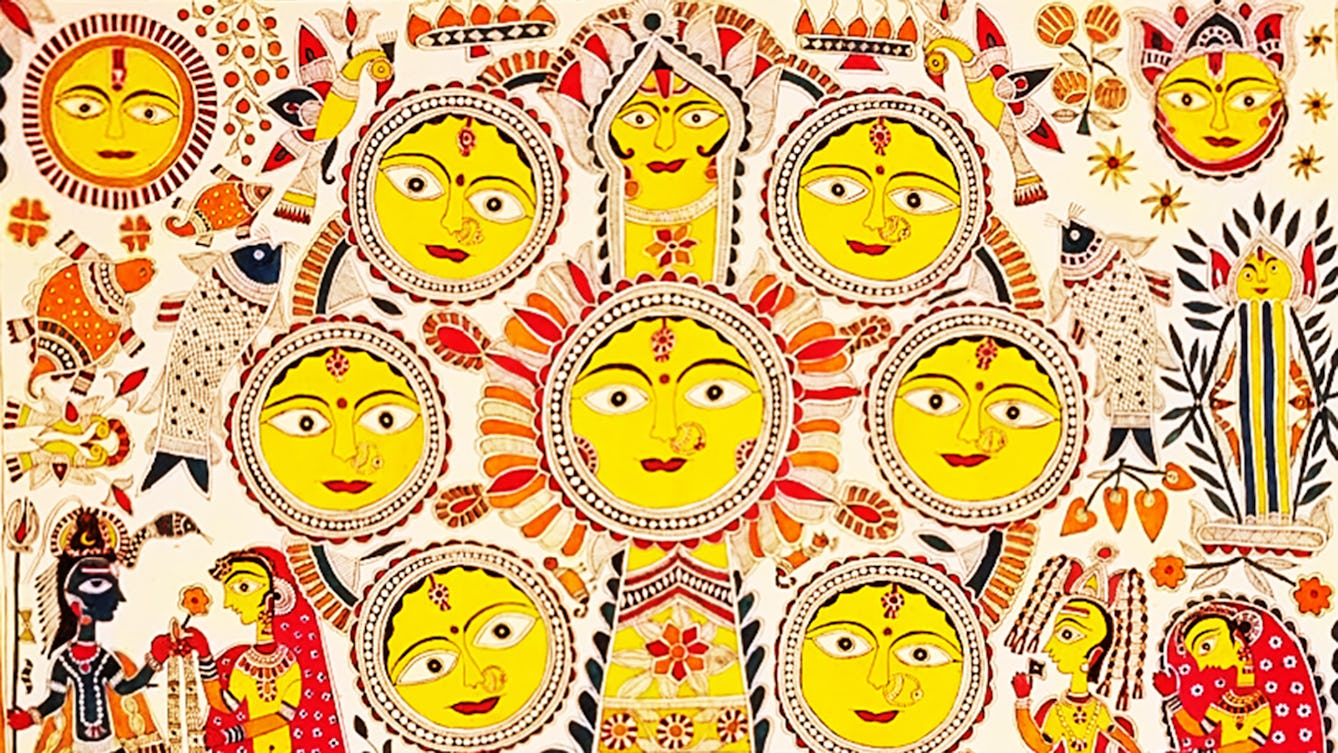
- Article
- Article
Sun salutations and yoga synthesis in India
Surya namaskars, or sun salutations, have a long history in South Asia, but their place at the heart of modern yoga is more recent.

- Article
- Article
Active pensioners, blooming gardens
To reach your 70s with over 300,000 Twitter followers or running a music festival is not the stereotypical image of retirement. But does this energetic engagement with life equal happiness?